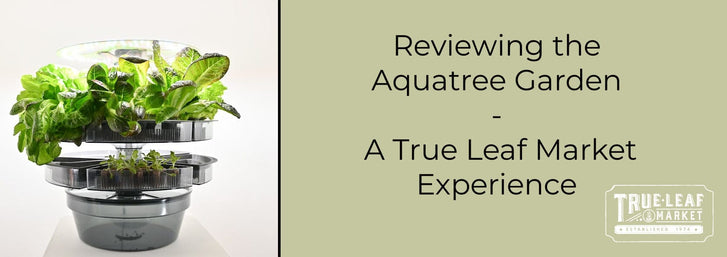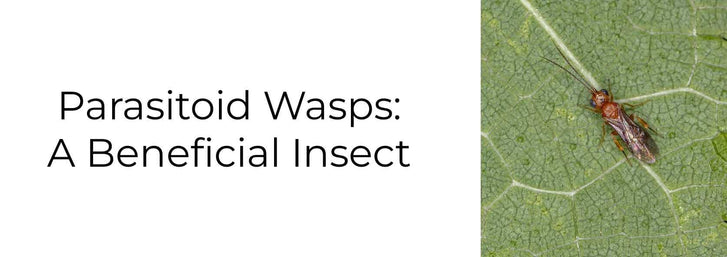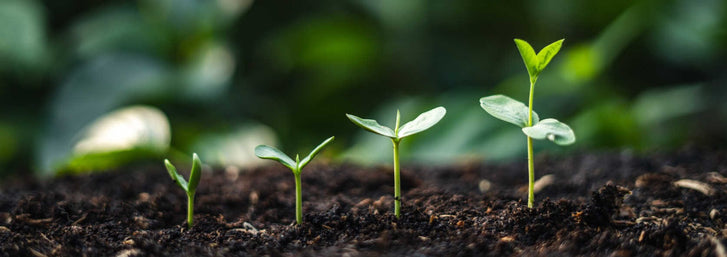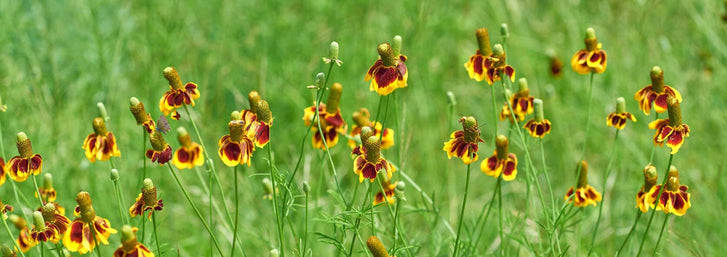
Ashleigh Smith

The difference between agriculture and horticulture is commonly confused. Both terms are very broad and can be applied to many different industries. The reality is they are different, yet linked by many commonalities. Horticulture is considered a linked arm of agriculture.
Agriculture largely is built by the food industry. The field of agriculture is focused on producing raw food and material products whether that be from plants or animals.
Animals contribute greatly by providing meat, leathers, and many other materials used by multiple industries. For example, we rely on agriculture for the production of wool that is made into sweaters and blankets that allow us to survive cold winter conditions.
When it comes to the plant side of agriculture the line begins to blur into the more specific field of horticulture. The real defining link is that both agriculture and horticulture contribute to our food supply. The best way to differentiate the contributions from each side is their scale of growth.
Agriculture tends to focus on large scale production using standard procedures on large pieces of land. This branch connects to the branch of horticulture involving large scale production of specialty crops.
What are specialty crops? That is a great question, it really depends on who you are talking to. There is no set list of crops that defines one as a specialty over others. It is generally accepted though that a crop which requires special accommodations or is produced on a small scale because of associated production cost is generally a specialty crop.
It is common to see a lot of money spent within agriculture to get a lot of products that are sold at a relatively low price. In horticulture, you tend to see a lot of money spent to grow a relatively low amount of product sold for a higher price per item due to production costs.
As for what exactly horticulture is, it incorporates the growing, maintaining, and designing with plant materials. And, it has a greater focus on the scientific concepts of cultivation.
If you are looking for a plant with specific characteristics such as flower color, fruit formation, taste, fragrance, growth habit, disease resistance etc., horticultural research is responsible for it. The spectrum of horticulture extends from edible crops to ornamentals.
An agriculturalist will plant edible plants for food in rows and groupings across large plots of land. Then they would sell locally in addition to shipping their product many distances. Horticulturists on the other hand will incorporate the same edible plants into a beautiful landscape design or a small plot of land. Then, they would sell their harvest at a local farmers market.
While similar in the roles they play agriculturalists and horticulturalists are both important in providing the variety that is enjoyed within our communities.
About the Author

I'm Ashleigh Smith, a native to Northern Utah. I first gained a love of gardening with my grandmother as I helped her each summer. I decided to make a career of it and have recently graduated with a Bachelor's degree in Horticulture from Brigham Young University - Idaho. My studies have focused on plant production while I also have experience in Nursery & Garden Center Operations.
Become a True Leaf Market Brand Ambassador! You’ll enjoy awesome perks, free products and exclusive swag & offers! Help us create a gardening revolution and help others experience the joy of growing!
Leave a comment
Your email address will not be published. Required fields are marked *
0 Comments
No Comments yet! Be the first to start a conversation
Further Reading

Reviewing the Aquatree Garden: A True Leaf Market Experience
The AquaTree Garden is an innovative growing experience! This nifty appliance allows you to grow leafy greens, microgreens, herbs, large sprouts, and vegetable starts (like tomatoes) all at once! When it comes to indoor gardening, there is no question ...

Ashleigh Smith
2024-04-225 min read1
Parasitoid Wasps: A Beneficial Insect in the Garden
Written By Lara Wadsworth There are estimated to be around one million different species of parasitic wasps worldwide. In fact, most wasps are parasitic, which means they live on or in a host at the host's expense. For common garden pests like aphids, ...

Ashleigh Smith
2024-04-226 min read0
Succession Planting: The Key to a Continual Harvest
Do you find yourself harvesting large amounts of any given vegetable from your garden all at once? There is a solution! The practice of succession planting, or planting in segments over a period of time, allows you to harvest root vegetables, leafy gre...

Ashleigh Smith
2024-04-223 min read2
10 Natives of the Southwest USA for Pest Control
Written By Lara Wadsworth The Southwestern United States is a region incredibly unique to the rest of the country. The hot, dry weather can be challenging for plants and animals to thrive without additional help. That is why gardening with natives can ...

Ashleigh Smith
2024-04-157 min read0



